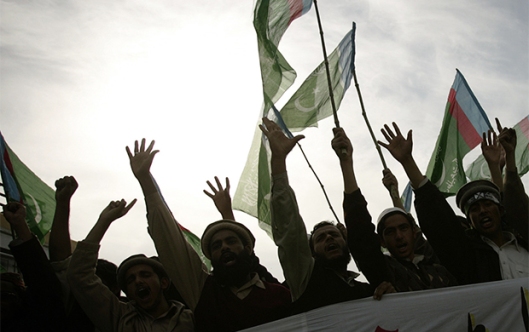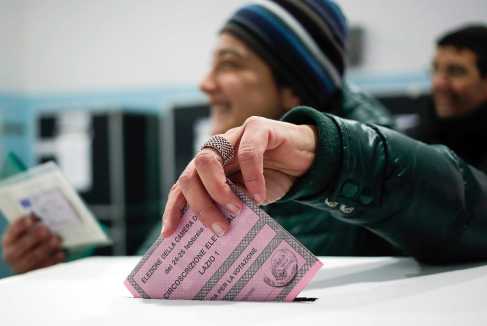Tags
Ever since the middle age when Henry Plantagenet married Eleanor of Aquitaine England has been a dominant wine importer. Although wine market has seen a decrease in general in the last ten years, the UK is still a major centre for the wine market today. In terms of consumption, it is number two, right behind the USA. It is the sixth largest market in the world accounting for 13% of global wine imports and worth around £17.3 billion.
The UK wine consumer is extremely price sensitive and small price rises have substantial adverse effects on purchases, and the outlook for the wine industry in the UK is looking more precarious than ever. Four major factor – a weak pound, inflation, sluggish economic growth and tax – will have an adverse impact on the wine industry even before a Brexit deal is even concluded. The shock result of the Brexit referendum has severely weakened pounds making imports from the EU more expensive. This includes wine, around 42% of the wine is imported in the UK from the EU, and due to this already many French producers have found it harder to sell in the UK. Wine sales could be further affected by inflation that will increase the price of wine. The predicted economic downturns could further negatively impact the wine market. The IMF has lowered growth for the UK from 2.2% to 1.5%, and Standard and Poor has downgraded the UK from AAA to AA. The UK government has already in the past imposed a high tax on alcohol including wine in the aim to lower drinking and as a great revenue generator. Another tax rise seems likely in the near future as the divorce bill from the EU will be large, an estimated €40-60 billion.
The effect of Brexit itself is not encouraging for the wine business. The best possible hope with the least detrimental affect on the wine market would be what is known as a “soft” Brexit. This would be something similar to the “Norwegian model” where the UK would be part of the EFTA (the European Free Trade Association). If the UK joins the EFTA, there would be minimal disruption to wine market as it would be similar to the trade agreement currently in place. This seems unlikely, as it would also require the free movement, which was the primary catalyst for the Brexit referendum in the first place.
A “hard” Brexit, which is much more likely would be a complete break from the current trade agreement. This could range from having a new special deal similar to CETA (Comprehensive Economic and Trade Agreement), which is the EU and Canadian agreement where tariffs were removed quid pro quo. For example, the removal of tariff for wine import from the EU in exchange of another tariff removed for some other UK export to the EU. This would be mutually beneficial as it is both an important market for both the EU and the UK. The UK is an important wine export market for the EU and in particular for countries like Italy, France and increasingly Spain. The UK itself would benefit by having tariff taken, for example, spirits which it exports a substantial amount to the EU. Another advantage for the UK with a weak pound is that it could function
as a middle market for global players outside the EU like China and the USA. The possible worst case though would be having no special tariff agreement for wine, and it would fall under WTO favoured nation with a 32%tariff on wine.
Brexit also has further implication for the global wine market as a whole. The UK will have to renegotiate special trade deals with every country possibly at the same time as the EU. The most notable example is Chile which will soon have to renegotiate it’s preferential trade agreement soon and might be forced to choose which wine market place is more important to them. It will also have a general spill over affect where as the UK wine market decrease and will leave a global surplus. Places like the USA, where the wine market is already competitive could become cut-throat.
Although all of these factors will have a negative factor on the overall wine market in the UK, this could be quite positive for the UK wine producing sector. Although at the moment domestic wine counts for only 1% of the market share, it is a growing industry. In 2014 it produced 6.3 million bottles, worth £78 million and has 470 registered vineyards. Already growing quickly, Brexit could further boost UK wine production.
Brexit represents new challenges to the wine industry. But the UK has been a wine-drinking nation since the middle ages, and love affair with wine will continue after Brexit.







